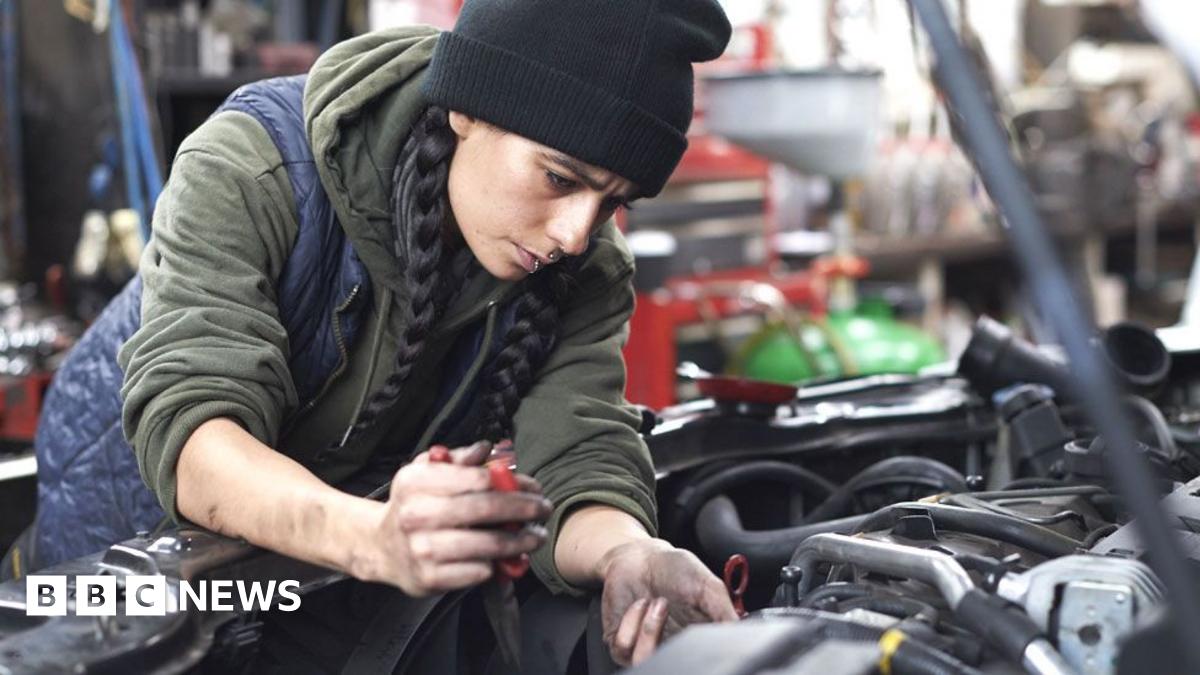Earlier this week, in an interview with the Times, the Bank of England governor Andrew Bailey indicated there could be larger cuts to interest rates if the jobs market showed signs of slowing down.
Most economists are predicting a cut – though some say it would be unwise to encourage spending while inflation is still rising.
Others have said that April’s rise in employer national insurance contributions (NICs) has discouraged firms from hiring.
The ONS data shows the number of people on PAYE payroll has fallen in seven of the eight months since Chancellor Rachel Reeves announced the NICs rise.
Paul Dales, chief economist at Capital Economics, said this trend “clearly shows businesses are offsetting the rises in their costs by reducing headcounts”.
The ONS said the number of vacancies fell again to 727,000 for the April to June period, marking three continuous years of falling job openings.
It added that survey data suggested that some firms may not be recruiting new workers or replacing ones who have left.
The number of job vacancies is now at its lowest in 10 years, excluding the plunge seen during the pandemic when lockdowns stopped firms from hiring.
